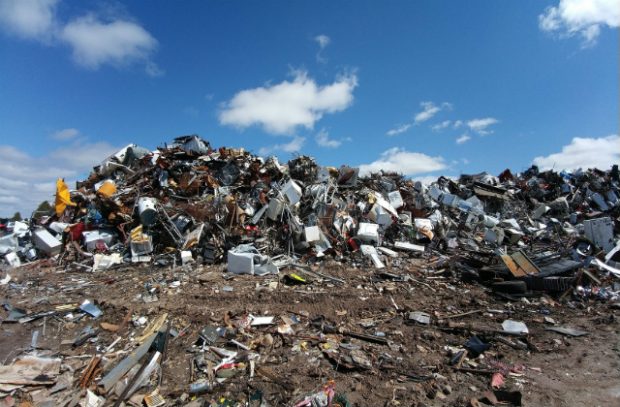
An article has been published by The Guardian today about historic landfill sites in the UK, stating that “the contents of hundreds of sites remain unknown” to the Environment Agency (EA), therefore inferring that the EA is responsible for these sites and the potentially hazardous wastes within them.
The article says there are more than 21,000 old landfills scattered across England and Wales, of which 1,287 are categorised as containing hazardous waste which could pose a health risk to people and the environment.
Although the EA maintains a record of the location of all former landfill sites through data collated from a number of sources, it is the responsibility of local authorities to maintain these old sites and more generally to identify contaminated land within their districts.
An Environment Agency spokesperson said:
The Agency is not the regulator of former landfill sites and we are not funded to undertake any investigative work in this area.
Under environmental law, local councils in England are responsible for identifying contaminated land within their districts. Should they choose to identify old landfill sites as such, known as ‘Special Sites’, then the Environment Agency will become responsible for mitigating any risks.
The EA currently regulates 18 landfills that are permitted to accept hazardous wastes. These sites have been developed and are operated in accordance with the relevant requirements of the Landfill Directive (99/31/EC).
3 comments
Comment by Paul Cawthorne posted on
What a telling abrogation of official environmental responsibility this statement appears. How depressing that all the regulator seems to want to do about this known national pollution problem is to pass the buck.
The Environmemt Agency has ‘advised’ a number of local authorities (eg Telford, Wrexham, Hereford and likely Rhondda too) which have sites which received hazardous waste that originated from Monsanto factories at Newport and Ruabon against classifying these sites as contaminated land despite the known severe chemical contamination. Then the regulator says unless they are classified as contaminated, it has no responsibility! How bizarre. What exactly is the point or role of the Environment Agency as regulator then in helping to reduce the dangers from this family of sites containing thousands of buried, gradually leaking, drums of “highly toxic” and “hazardous” chemicals? Brofiscin quarry chemical leak lessons seem unlearn to.
Why exactly did the EA at the last minute cancel the meeting with me to discuss these hazardous piles of waste chemical stocks?
Is it sensible that bioaccumulative PCB is still being discharged into the Severn estuary?
Rev Paul Cawthorne
07981 345820
Comment by William Hughes-Games posted on
As important as it is to deal with past land fill sites, it is even more important not to create more of them. Eventually there will hardly be a location that wasn't a land fill site. Here is one way of vastly reducing or even eliminating the material going to land fill.
https://mtkass.blogspot.com/2019/09/pyrolysis.html
Comment by Alastair Morrison posted on
Just a point of word choice - I think you should have used "implying" not "inferring".